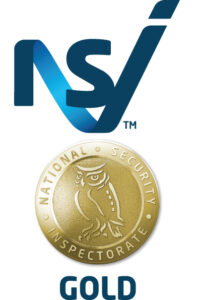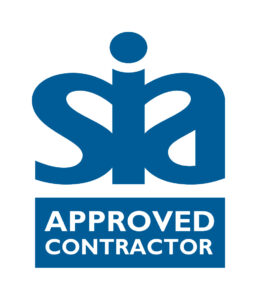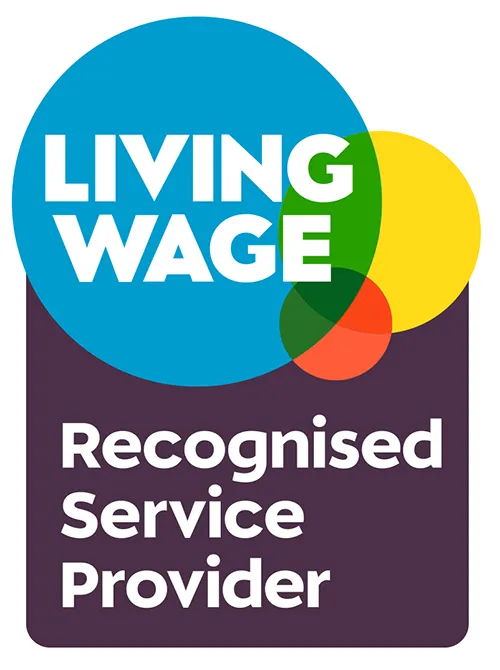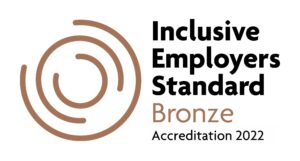A landlord’s responsibilities when leasing out a commercial property extend far further than simply preparing a contract and raking in the money. For a landlord, the property is an asset and an important part of their business, so they need to look after it and make sure it is a building that a commercial business will want to lease, and not only that, during the lease the landlord has a responsibility to maintain the property in suitable condition. So here we have put together a list of five essential features a commercial landlord has to keep in mind.
-
Cleaning and hygiene
Although the tenant has responsibility for ongoing cleaning during the lease, the landlord needs to ensure they are presented with a clean and hygienic building at the beginning of the lease. This can be an issue if the property has been vacant for an extended period of time. And of course, if the property is vacant the landlord needs to keep on top of cleaning and hygiene to ensure the building remains attractive and appealing to a prospective tenant. Furthermore, there are some hygiene issues which the tenant will consider beyond the limits of their contracted responsibility. These can often fester in large industrial buildings even when occupied, and include pest control, infestation from bird life or insect life, and issues with damp and mould. Where the building’s structure and integrity is questioned by a dirt or hygiene issue the facilities management responsibility turns to the landlord.
-
Property maintenance
When property maintenance remains under the responsibility of the landlord and involves the infrastructure of the building in terms of boilers and gas works, electrical wiring, alarms and security and the structural integrity of the building. Many landlords employ a property handyperson to look after small repairs, such as wind damage, decorating, joinery or minor plumbing issues, but more specialist jobs will require trained and qualified contractors.
-
Compliance
It is the duty of the landlord to present and maintain a safe and healthy property, so this touches on the cleaning and hygiene mentioned above, but also includes providing a comprehensive fire safety system and having procedures in place to monitor, measure and attend to the safety of gas, electrical, water systems and air conditioning systems. This is a legal requirement and requires the landlord to have available resources who are competent in managing the health and safety of the building.
-
Security
When the property has a tenant the landlord might want to consider providing a suitable security system, which can involve CCTV systems, alarm systems, fire watch systems and security patrols. It is favourable to potential tenants to see a quality security system is in place, plus it helps landlords to feel confident they are providing a safe and functioning property.
-
Vacant property management
Vacant property inspection and security is a large element of facilities management for the landlord, as an empty commercial building is an attraction to public nuisance, thieves, vandals and even arsonists. So the landlord needs to have a vacant property security system in place. This will include regular inspections, often 24/7 security patrols and will also include attending to issues that arise in terms of property maintenance. The landlord needs to ensure the property remains suitable for a tenant to move into at short notice, or ready for sale if that is the case.
At First Response Group we have trained and qualified professionals who can advise on all your landlord responsibilities when leasing a commercial property, and also on the facilities management function. This includes trusted and reliable advice and also the provision of suitable resources to ensure your facilities management duties as a landlord are clearly addressed.
Article By:











